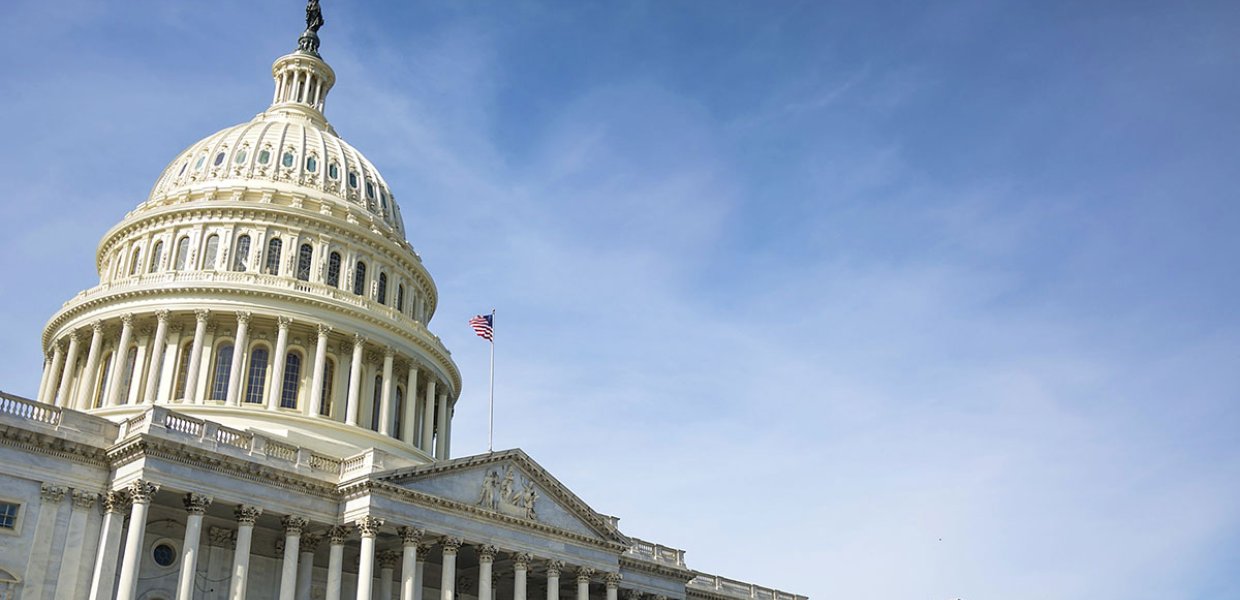In October 1991, Anita Hill, an African-American law professor, sat before an all-white and all-male Senate Judiciary Committee and accused Supreme Court nominee Clarence Thomas of sexual harassment. In doing so, she introduced the world to the uncomfortable concept of workplace sexual harassment and set off a chain of events that would profoundly change the world and continue to have resonance and consequences today.
Prior to the Anita Hill hearings, most people simply did not know that sexual harassment was illegal or actionable, and victims had no platform or vehicle for coming forward. Following the hearings, claims of sexual harassment filed with the Equal Employment Opportunity Commission shot up and Congress passed the Civil Rights Act of 1991, which gave victims of workplace sexual harassment more legal recourse. State laws began to change as well, and anti-sexual harassment programs became the norm in offices across the country.
However, it would take another 26 years for the fight against sexual harassment to coalesce into a movement in the form of #MeToo and for the possibility of lasting systemic change to emerge.
The accusations against Harvey Weinstein in 2017 revealed that while sexual harassment was recognized as inappropriate, it nevertheless continued to be pervasive and commonplace, with many victims unwilling to bring complaints or claims forward due to fear of retaliation and stigma. For the first time, an entire industry was forced into reckoning with these endemic issues.
It was no surprise that when Lucasfilm president Kathleen Kennedy formed the Hollywood Commission in 2017, she chose Anita Hill to lead it. In the intervening years, Hill and the Hollywood Commission have helped bring the industry together and honed in on a system-wide approach to eradicating sexual harassment and increasing accountability. Their work has become a model for how other industries can work together to solve these complicated, embedded issues.
But Hollywood is only one industry. Sexual harassment and assault persist across industries, structures and geographies. From Cuomo and Cosby to Kavanaugh and Trump; from video games to Silicon Valley, restaurants to retail, the headlines tell the story of how much more work there is to do.
Thirty years after her testimony, Hill’s new book, Believing, reflects her years of accumulated experience and insight. She views “gender-based violence as a systemic problem,” and posits that “comprehensive responses” can only be achieved if “the powerful people in public and private leadership roles…take responsibility for implementing those responses.”
While the pace of change may be slow, Hill’s impact on history and culture is undeniable and her perspective and work has never been more vital or essential.









